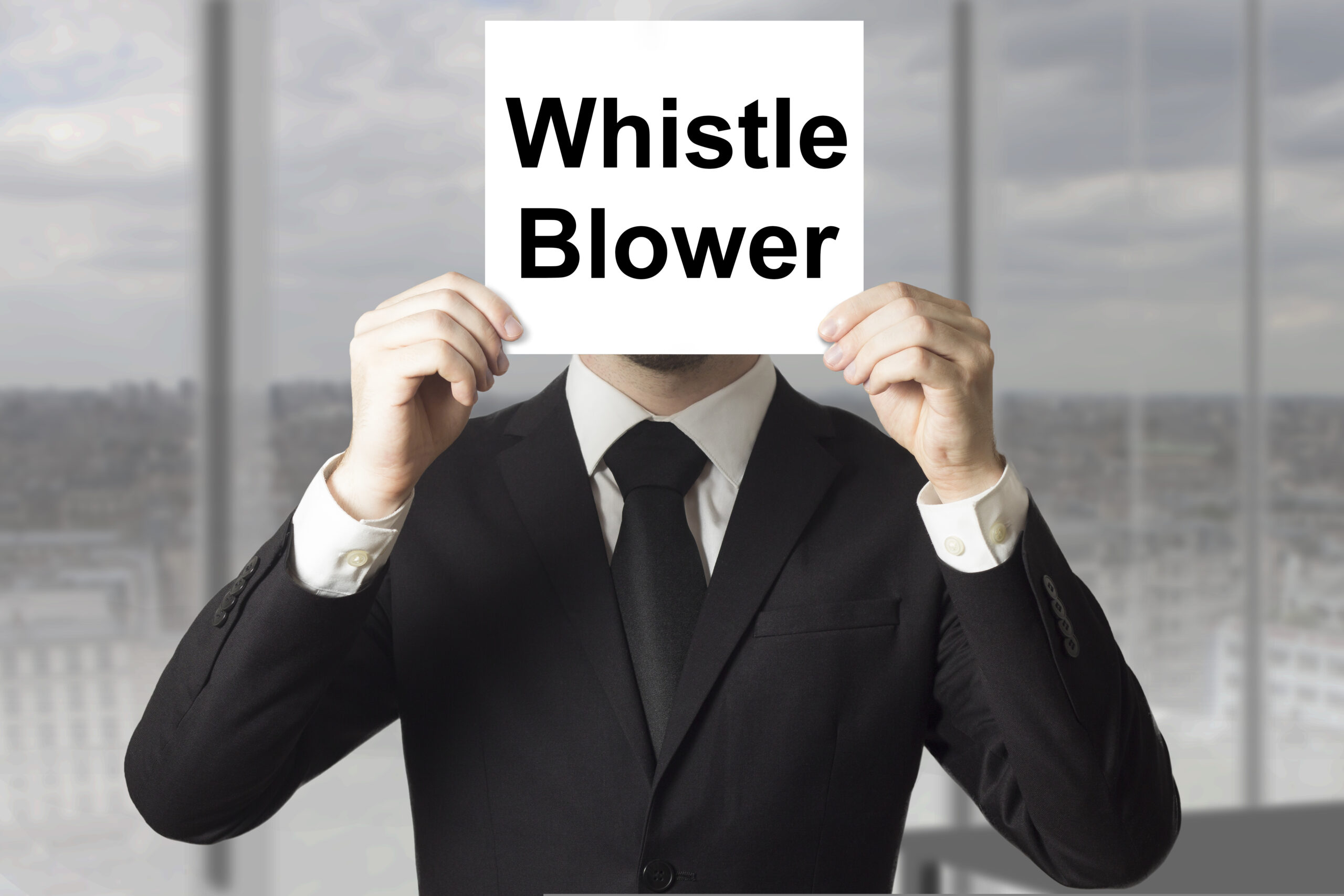Whistleblower protection in Lesotho remains underdeveloped, despite its importance in combating corruption and promoting transparency in governance. While certain institutions like the Revenue Services Lesotho and the Lesotho Highlands Water Project have adopted internal mechanisms that offer limited whistleblower protection, the country lacks a comprehensive legal framework that ensures the safety and anonymity of individuals who report wrongdoing. The Prevention of Corruption and Economic Offenses Act of 1999 provides some measure of protection under section 50, particularly in relation to identity confidentiality, but it does not offer strong safeguards against victimisation or retaliation. As a result, potential whistleblowers often fear reprisals, which significantly undermines reporting and weakens trust in public institutions.
This situation reflects deeper systemic issues. Without proper legislative backing, the existing mechanisms are fragmented, inconsistent, and ineffective. The absence of whistleblower-specific legislation means that individuals are left vulnerable, with no clear recourse when facing occupational detriment after making a disclosure. In practice, this creates a climate of silence, where unethical conduct may continue unchecked due to the lack of institutional support for those who speak out.
In Lesotho, the culture of integrity is often eroded by poor accountability, weak enforcement, and a lack of visible consequences for corrupt acts. When whistleblowers are not protected or acknowledged, it discourages others from reporting, thereby allowing misconduct to persist. A legal framework that reinforces integrity and trust would not only encourage disclosures but also serve as a deterrent to wrongdoing.
There is an urgent need for Lesotho to adopt a standalone Whistleblower Protection Act. Such a law should clearly define what constitutes a protected disclosure, guarantee the anonymity of whistleblowers, prohibit all forms of retaliation, and establish independent oversight to investigate disclosures and ensure redress. Importantly, legal reform must be supported by public education and capacity-building initiatives within the civil service to foster an environment where whistleblowing is understood as a civic duty rather than an act of betrayal.
Building a robust whistleblower protection regime requires more than passing a law, it demands political will, institutional reform, and a shift in public perception. If Lesotho is to effectively address corruption and promote ethical governance, protecting whistleblowers must become a legal and moral priority.

